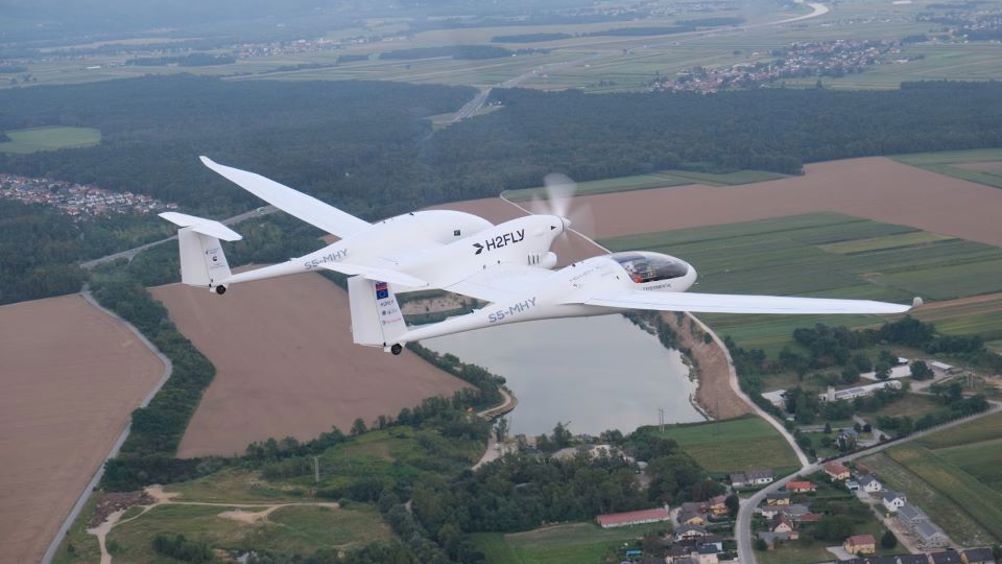Nurturing the Future of Hydrogen Aviation: Overcoming Talent Pipeline Challenges
Key Ideas
- Hydrogen aviation is a sector brimming with energy and excitement, but faces challenges in finding and nurturing the right talent for innovation.
- Companies in this evolving industry must focus on identifying candidates with raw potential, nurturing their skills through on-the-job training, and creating a supportive working environment for long-term commitment.
- Key skills sought after include a passion for developing new technologies, expertise in fuel cell and cryogenic systems, proficiency in software and simulation, and knowledge of aerospace and electronics.
- To build the future workforce, businesses need to invest in flexible training programs that provide hands-on experience and mentorship opportunities to develop the necessary skill sets for success in hydrogen aviation.
With the promising advancements in hydrogen aviation, the industry is filled with energy and anticipation for the future. However, a significant challenge looms over this progress - the scarcity of specialized talent to drive innovation in this field. The article emphasizes the importance of nurturing the workforce in hydrogen aviation, highlighting the need for a robust talent pipeline to sustain growth. The industry requires individuals who are not only technically proficient but also possess creativity and a willingness to think beyond conventional boundaries. Startups dominate this space, underscoring the necessity for an agile workforce capable of adapting to dynamic business needs.
One of the core strategies advocated is to identify and develop candidates with raw potential, irrespective of their background, emphasizing a culture of continuous learning and innovation. This process involves on-the-job training to bridge the gap between theoretical knowledge and practical application. Retention of skilled engineers is vital for long-term success, with suggestions including creating an intrapreneurial culture, fostering trust through effective communication, and catering to diverse demographics like female talent.
The article also delves into the critical skills required for engineers in hydrogen aviation, such as a passion for pioneering developments, expertise in fuel cell and cryogenic systems, and proficiency in software and simulation. The evolving nature of the industry necessitates a multidisciplinary approach encompassing aerospace, electronics, and software systems expertise.
To nurture the next generation of workforce, companies are encouraged to establish flexible training frameworks that prioritize hands-on experience and mentorship. Investing in the development of employees not only enhances their skills but also ensures their long-term commitment to the company's mission. By creating a supportive environment and providing continuous learning opportunities, businesses can effectively shape a talented workforce capable of driving innovation in hydrogen aviation.
Topics
Training
Innovation
Aviation Industry
Workforce Development
Future Technologies
Engineering Skills
Employee Retention
Training Frameworks
Talent Pipeline
Latest News
